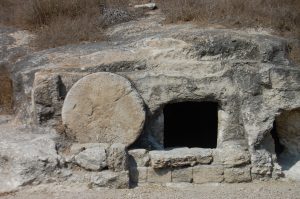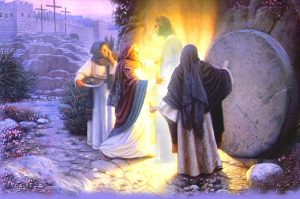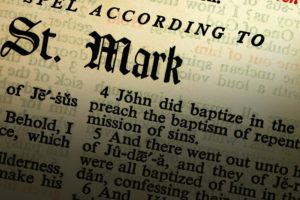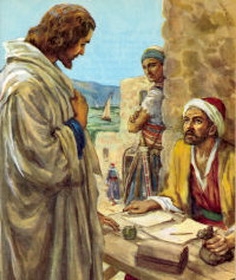Notes on the Origin of the New Testament Canon
The New Testament canon was established early, by Holy Spirit
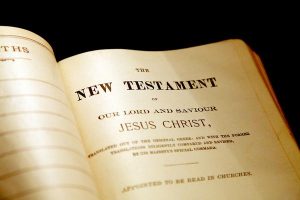
The New Testament canon was established in the first century by Holy Spirit. Let’s examine some notes on the scriptures which confirm this fact:
2 Peter 1:16-21 – Peter affirms Old Testament prophets wrote God’s word. He puts himself and other apostles in the same category.
2 Peter 3:15-16 – Paul’s letters were on the same level as all the “rest of the scriptures.” That is, inspired of God. Early Greek manuscripts show Paul writing 14 letters.
2 Timothy 3:16-17 – The rest of the scriptures (the Old Testament) are inspired of God. We can broaden this now, and apply the principle to all 66 canonical books as shown below:
